Report: Wildlife populations halved on average since '70s
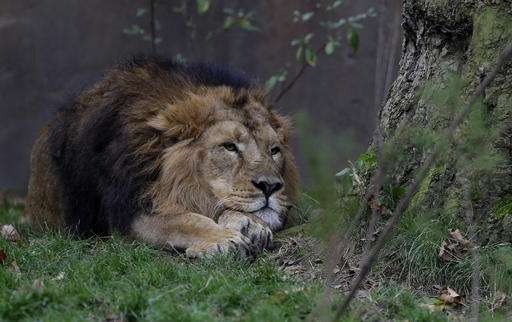
Global wildlife populations have fallen an average of 58 percent from 1970 levels, with human activity reducing the numbers of elephants in Tanzania, maned wolves in Brazil, salamanders in the United States and orcas in the waters of Europe, researchers say.
Deforestation, pollution, overfishing and the illegal wildlife trade, together with climate change, "are pushing species populations to the edge," according to the Living Planet report released Thursday by WWF and the Zoological Society of London.
"For the first time since the demise of the dinosaurs 65 million years ago, we face a global mass extinction of wildlife," said Mike Barrett, director of science and policy at WWF-UK. "We ignore the decline of other species at our peril - for they are the barometer that reveals our impact on the world that sustains us."
The assessment predicts that by 2020, populations of vertebrate species could have fallen by 67 percent from 1970 levels unless action is taken to reverse the damaging impacts of human activity.
One of the actions pushing the decline is the growing number of humans, which is driving overfishing, hunting and the destruction of habitats. The report detailed the strain that agriculture places on freshwater systems.
"Human behavior continues to drive the decline of wildlife populations globally, with particular impact on freshwater habitats," said Ken Norris, director of science at ZSL. "Importantly, however, these are declines - they are not yet extinctions - and this should be a wake-up call to marshal efforts to promote the recovery of these populations."
-
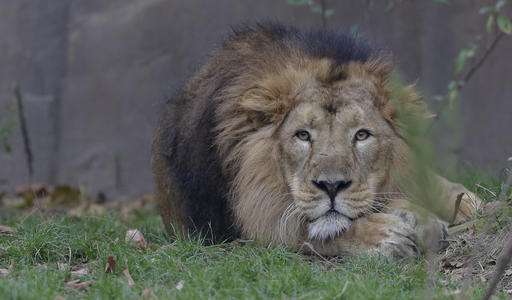
A male Asiatic Lion looks out from his enclosure at London Zoo, in London, Thursday, Oct. 27, 2016. Environmentalists are warning that global wildlife populations have fallen an average of 58 percent when compared to the 1970s, in "The Living Planet" report from WWF and the Zoological Society of London. (AP Photo/Alastair Grant) -
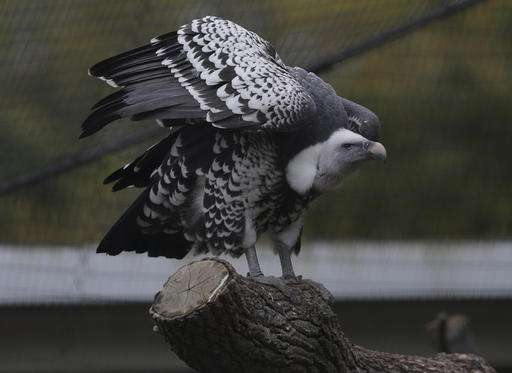
A Rupper's Griffon Vulture stretches its wings in its enclosure at London Zoo, in London, Thursday, Oct. 27, 2016. Environmentalists are warning that global wildlife populations have fallen an average of 58 percent when compared to the 1970s, in "The Living Planet" report from WWF and the Zoological Society of London. (AP Photo/Alastair Grant) -
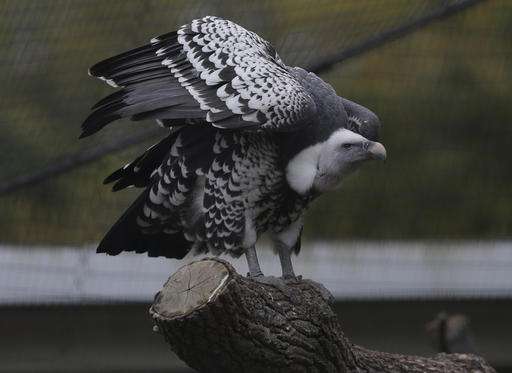
A Rupper's Griffon Vulture stretches its wings in its enclosure at London Zoo, in London, Thursday, Oct. 27, 2016. Environmentalists are warning that global wildlife populations have fallen an average of 58 percent when compared to the 1970s, in "The Living Planet" report from WWF and the Zoological Society of London. (AP Photo/Alastair Grant) -
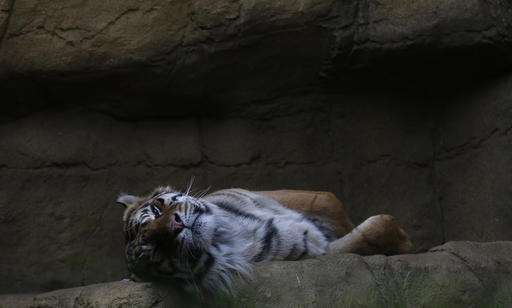
A female tiger looks out from her enclosure at London Zoo, in London, Thursday, Oct. 27, 2016. Environmentalists are warning that global wildlife populations have fallen an average of 58 percent when compared to the 1970s, in "The Living Planet" report from WWF and the Zoological Society of London. (AP Photo/Alastair Grant)
© 2016 The Associated Press. All rights reserved.




















